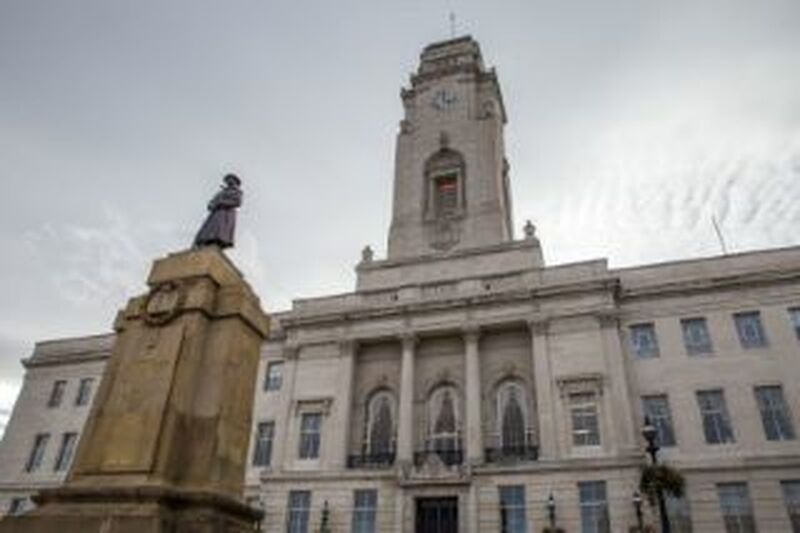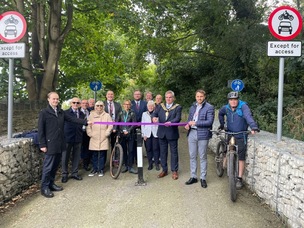HUNDREDS of long-term empty properties - whose owners are being charged up to 400 per cent council tax - are being reduced thanks to intervention from Barnsley Council, a report has revealed.
Local authorities can currently charge owners 200 per cent on homes lefts for up to two years, 300 per cent for five-plus years and 400 per cent for ten years or more.
The Chronicle can reveal strides have been made to reduce homes left for up to two years - from 248 last year to 204 currently - but vacant properties left for the longer two periods have increased.
A total of 58 have stood empty for five years or more and 41 for a decade - a rise of nine on last year’s statistics.
Set to be discussed by cabinet members on Wednesday, a report - compiled by council finance director Neil Copley - anticipates tax collection could prove more difficult due to the ongoing cost-of-living crisis.
It said: “The overall number of empty properties has reduced in the last 12 months.
“The council’s empty homes team will continue the focus on supporting landlords to bring long-term empty properties back into use.
“It is anticipated that the cost-of-living crisis will impact council tax income collection rates.
“The council will continue to monitor the situation but slower than anticipated collections could impact the council tax base in 2023/24.”
The base - set to be agreed on Wednesday - relates to more than 66,000 households, calculates the council’s projected collections for the next financial year.
Although details of a tax rise for residents is yet to be announced, council leader Sir Steve Houghton warned last month that it will ‘inevitably’ happen.
Last year, it was hiked by 3.5 per cent - which was made up of a two per cent rise to pay for adult social care services, and a 1.5 per cent rise for council services such as road maintenance, bin collections, recycling and libraries.
Annually, council tax on a Band D property went from £1,586.04 to £1,641.55.
Each per cent increase in Band D council tax generates additional income of approximately £1.056m, per annum, recurrently.
Sir Steve added: “Over the last few years, top-tier authorities have had to increase their council taxes in order to pay for social care.
“It’s not something we want to do because my view was, and still is, that it should come from the centre.
“But nonetheless that’s happened and it’s going to happen again next year with the government putting another two per cent on people’s bills which we will inevitably have to do in Barnsley in order to make sure our older people are getting the service they need.
“Tax payers are always looking for value for money and we can certainly say that money in Barnsley has been spent appropriately.”




























